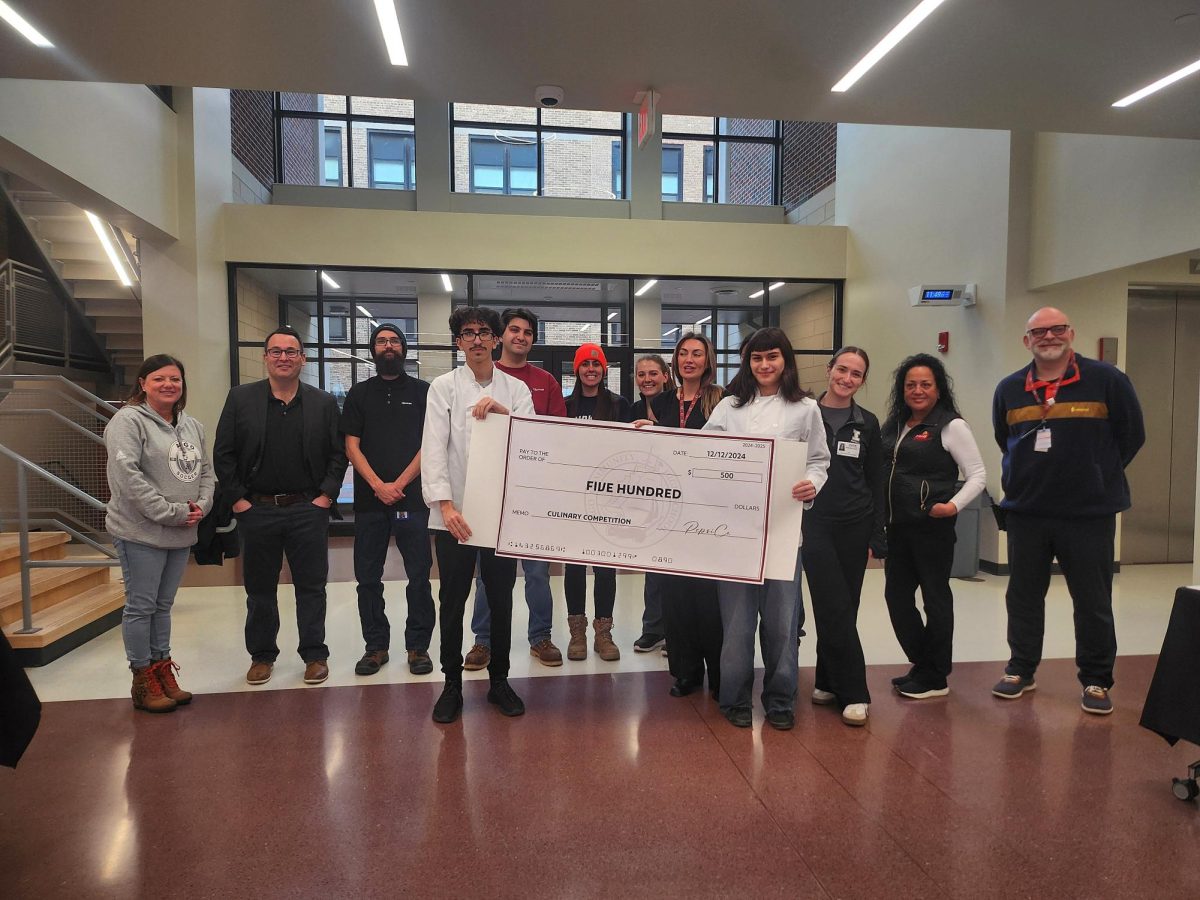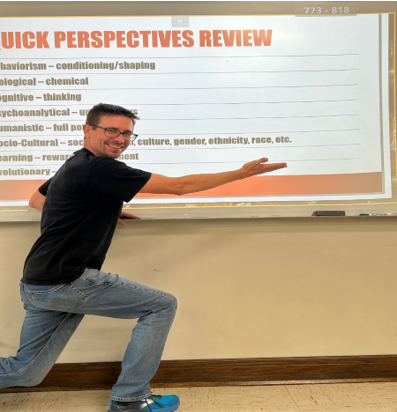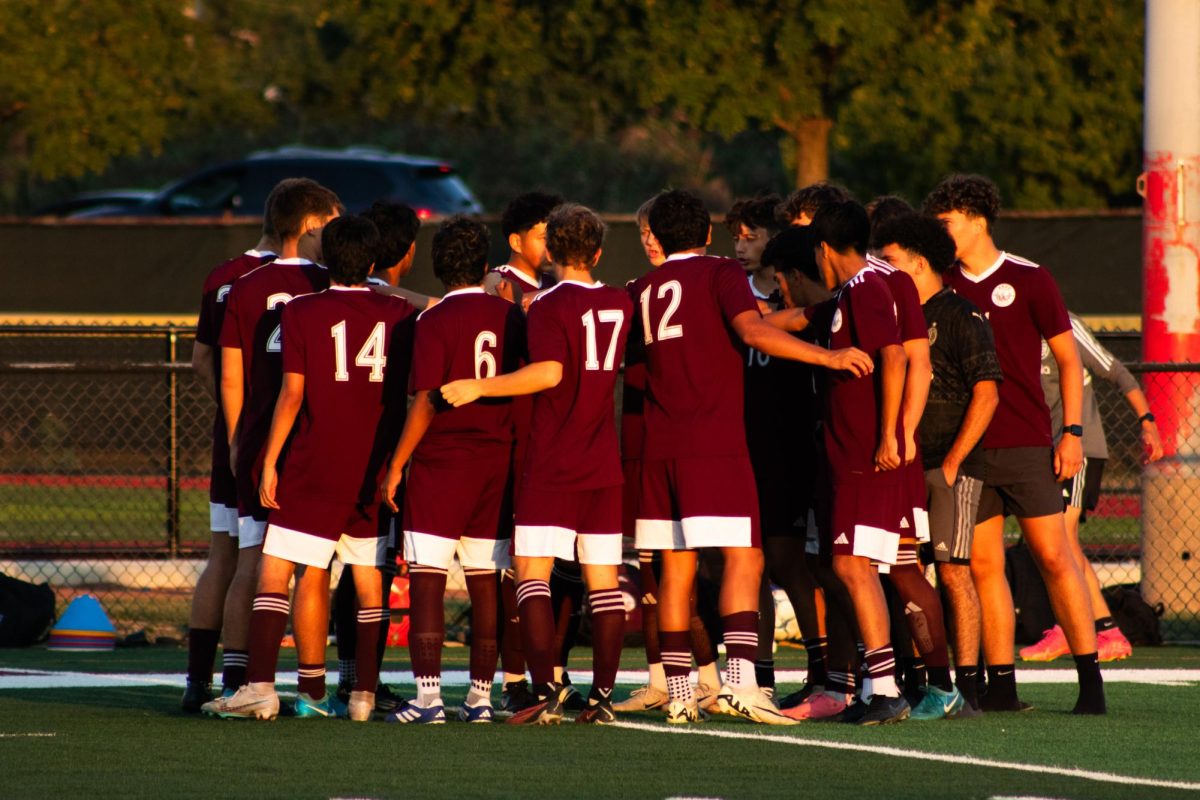Senioritis: The pandemic affecting the class of ‘23

March 20, 2023
Are you a senior who feels unmotivated? Do you sleep through your classes and not do your homework? Do you feel that school is useless? If you answered yes to any of these, you might have senioritis.
Senioritis is commonly characterized by lowered academic motivation, increased procrastination, frequent tardiness or absences, and increased irritability. It is a problem that is relevant to high school seniors not only at Argo, but also across the country.
Parents and teachers argue that the reason seniors fall behind in their classes is because of laziness. They just don’t want to try; they don’t do their work because they’d rather sleep all day or scroll through their phones.
Teenagers don’t just become lazy when they reach their last year of school. They lose motivation.
All our lives, teens are told to get good grades so they can get into a good college. From elementary school up until high school, college admissions are the motivation, the goal. Once that motivation is gone, seniors who have already been admitted to college lose their purpose. According to Ned Johnson from the New York Times, “without an external motivator (reward of college admission or threat of college denial), far too many students have little idea of what to do or why.”
College has always been conditioned as the ultimate “goal” for education. Once that goal is reached, most students feel that there is no point in their education anymore. They become unmotivated and lack purpose.
But how do we change that?
Seniors need to find new motivation for themselves. Something that isn’t tied to college or schoolwork. By identifying ways to motivate themselves internally, as opposed to seeking outside rewards or incentives, students won’t find themselves in a slump once that reward or incentive is no longer there.
Easier said than done. How do you motivate yourself?
Everyone is different and there is no “right” answer. What works for one person won’t always work for another but here are some places to start. Pursue your passions, learn some important life skills, get a job.
Turn your second semester of senior year into a trial run of the real world. Gain information that you feel will actually be helpful. Whether it’s signing up for extra courses in your intended career, learning how to cook or sew, or gaining experience in the workforce.
Just because you may have reached one goal doesn’t mean it’s over. Set new goals for yourself.
Argo Senior Mary Villalobos did just that.
Like many of her peers, Villalobos has been falling behind in her coursework, something that is unusual for her.
“Now that I’m a senior and I’ve been accepted to colleges it makes me want to do less work because there’s no point,” says Villalobos. “Everyone else is in the same boat. All your friends are doing the same thing, so it makes you feel normal.”
Senioritis, like the flu, is contagious. But that doesn’t mean there isn’t a cure.
Villalobos is working on curing her own senioritis by finding what motivates her. She’s already been accepted to school and plans to be a nurse.
A life as a nurse is her goal, her motivation. Instead of falling farther into the senior slump, Villalobos plans to take a CNA (certified nursing assistant) course to gain experience not only in her future career, but also in the work force.
Seniors reading this, you can do the same. Take a break. Then go out into the world and find what motivates you.







Natalia Stanibula • Apr 18, 2023 at 1:55 pm
Love this article! Its formatted very well, explains the issue, and provides a solution!